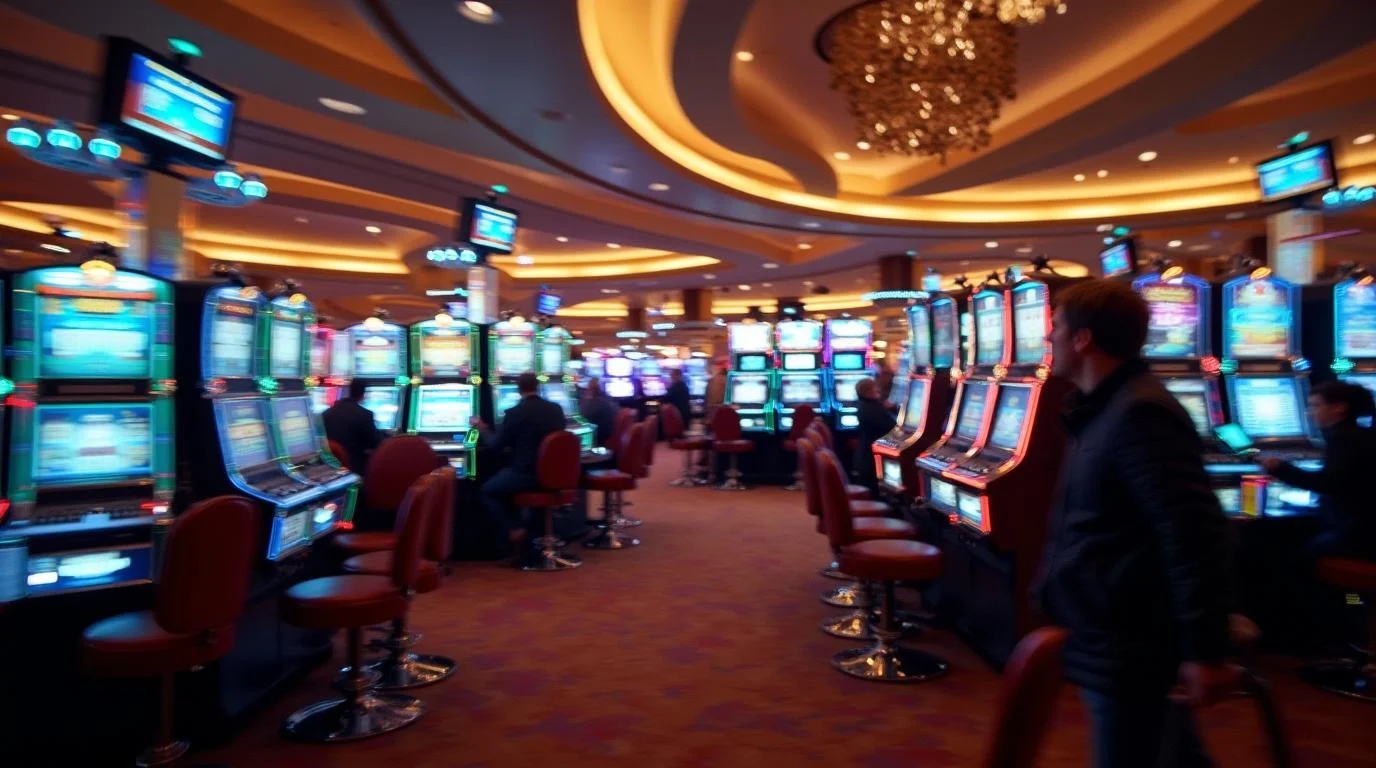Arkansas Voters Say 'No' to Casino License for Pope County

1.0
Default
Voting on Election Day didn’t just involve voting for the most powerful position in the land - it also asked voters in Arkansas a key question about the validity of the casino license for Pope County. It turns out that a majority voted 'no' - thereby repealing the referendum and cancelling the projected $300 million casino project of the Cherokee Nation.
In a surprising turn of events on Election Day, Arkansas voters have opted to amend a 2018 decision that legalized commercial casinos in four counties across the state, effectively rescinding the casino license designated for Pope County. The decision, which came in the midst of the 2024 presidential election, is a major setback for the Cherokee Nation, which had planned to invest $300 million to develop a casino located in Russellville.
The repeal marks the latest chapter in a six-year saga that began in 2018 when Arkansas voters approved a statewide referendum allowing live dealer table games, slot machines, and sports betting. The amendment enabled Oaklawn and Southland racetracks to transform into full-service casinos. Additionally, Saracen Casino Resort opened in Pine Bluff in Jefferson County. But Pope County's casino license, intended for a fourth commercial casino, has been mired in legal disputes that have prevented its realization.
Six years of legal battles
Since the 2018 vote, Pope County's casino license has faced ongoing legal challenges. Disputes over the Arkansas Racing Commission's initial selection process and grading of bids, as well as controversies about eligibility criteria, delayed the license's issuance for years. After extensive court battles, the ARC finally awarded the Pope County casino license to the Cherokee Nation in June 2024, recognizing the tribe's proposal as the sole qualifying bid. However, this victory proved short-lived; the new referendum effectively nullifies the license, leaving the tribe's plans for the Legends Resort & Casino in limbo.
Issue 2: a campaign to repeal the license
The 2024 statewide gaming referendum, known as Issue 2, was largely funded by the Choctaw Nation, a rival tribe with vested interests in protecting its existing casinos across the Arkansas border in eastern Oklahoma. Through its Arkansas-based political initiative, Local Voters in Charge, the Choctaw Nation invested nearly $18 million to promote the ballot measure titled 'Require Voter Approval for Casino Licenses.'
Issue 2 sought to amend the Arkansas Constitution, requiring that any future casino licenses be awarded only if a local referendum shows public support within the host county. Specifically, it aimed to remove Pope County's license and require local voter approval for any new casino projects. The ballot's wording clarified the stakes: a 'FOR' vote would eliminate Pope County's license and mandate local approval for future casino licenses across Arkansas.
With all precincts reporting, Issue 2 passed statewide with nearly 56% of the vote, stripping the Cherokee Nation of its license for the proposed Legends Resort & Casino in Russellville.
Pope County's local support vs. statewide sentiment
In 2018, Pope County was among the few Arkansas counties that voted against legalizing casinos. However, in the years since, local opinions had reportedly shifted. Pope County Judge Ben Cross, an ardent supporter of the Cherokee Nation's proposal, urged residents to reject Issue 2, arguing that the community's stance had evolved since the initial vote.
Judge Cross's assessment was accurate at the local level; 56% of Pope County voters opposed Issue 2, aligning with his support for the Cherokee project. He expressed frustration over the measure's success statewide, attributing the outcome to what he characterized as misleading campaign efforts by Local Voters in Charge.
"Local Voters in Charge has been saying they want a local vote. Well, they got one tonight, and it was definitively against their action," Cross commented. "We're disappointed by the fact that people bought into the disinformation that was being put out. The people closest to the source of contention knew the reality of it and recognized it for the value it is, while the rest of the state bought into misleading advertising."
With the repeal of the Pope County casino license, Arkansas's commercial casino landscape may remain limited to three locations. The passing of Issue 2 has reinforced local control in determining future casino developments, suggesting that any attempt to reintroduce a fourth casino license would now require explicit local approval.




















